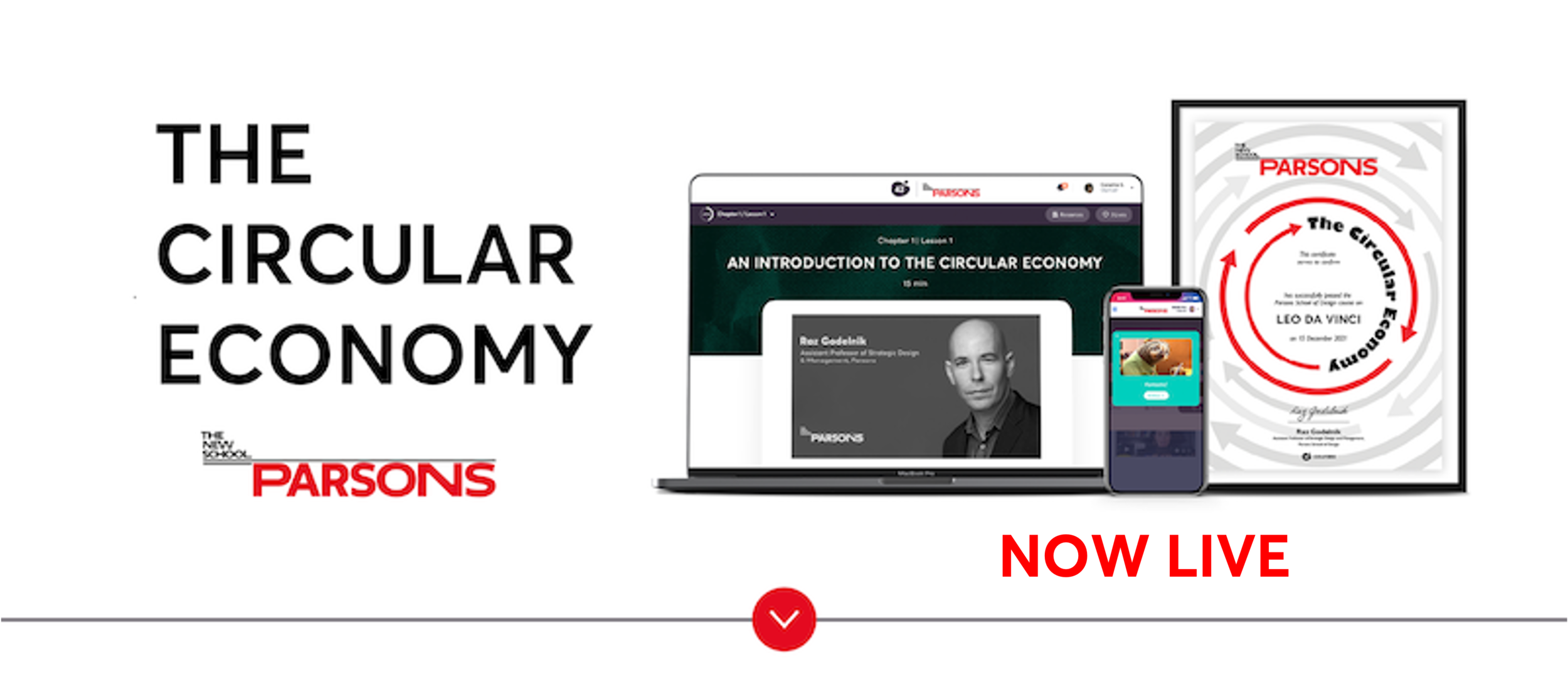3 Key Learnings from FT Climate Capital
Last week I had the privilege to be able to attend the FT Climate Capital conference. Yet, to be candid - being back at such an event was bittersweet.
Finding yourself in a room full of fascinating people after hearing “Can you see my screen?” and “Are those your pyjamas?” for so long was inspiring. However, at the forefront of everyone’s minds was not only the climate crisis, but Ukraine.
Seeing seasoned journalists and titans of industry with catches in their throats was incredibly moving. In fact, I cannot remember another event with an atmosphere like it.
In such an environment, it’s hard to distil the key takeaways, yet this is what I took from a highly educational and informative three days.
1. We have the capital. We have the technologies. We need the policies.
If there is one thing the war in Ukraine has clarified, it’s the urgency for the need to move to renewables. Gonzalo Sáenz de Miera in a panel about how big energy companies can successfully transition their business compellingly advocated:
"If we were thinking about a renewables only system in the 2040s, we are now thinking about it in the 2030s. We have the capital. We have the technologies. We need the policies."
Many of the incumbent energy providers speak about the necessity of transition, yet their capital allocation tells another story. We are all aware of the danger of treating finite resources as infinite. Nevertheless, what is in the best interest in the long-term does not necessarily seem compelling in the short-term.
By framing the shift from fossil fuels to renewables as something that is necessary both environmentally and economically, we empower policy makers and corporations to make better decisions and improve society at large.
On a global level 80% of the world lives in countries that import fossil fuels, but renewables have the potential to produce 100 times more energy. It is time key figures and industries were motivated to make the right decisions for the survival of the planet, not just the next shareholder meeting.
2. Consumers want to prioritise sustainability
With the fact that that world events have meant inevitable and often uncomfortable shocks, there is reason to be hopeful. Consumers, despite the pain of recent prices, are actively looking to reduce their impact on the planet’s resources.
Encouragingly, Ipsos found that 72% of individuals across 30 countries believe that they will be failing future generations if they do not take personal action to combat climate change. Considering the level of personal sacrifice involved, this is not something to be taken lightly.
An inspiring moment came from Greg Jackson, the founder of Octopus Energy, when talking about voluntary measures that customers had signed up to. Over 1,200 communities have put themselves forward to Octopus to have wind turbines installed locally in exchange for cheaper energy when they’re harnessing wind power.
Lifestyle change was for too long seen as something consumers were simply unwilling to accept. However, it’s important to recognise that though the take-make-waste model is treated as inevitable, it only became the norm after World War Two.
A FT journalist, Gillian Tett, experienced this with her own teenage daughter who was trying with the naivety of the young to convert her to methods her great aunt Ruth had used to reduce waste and recycle.
What she would have called being “old-fashioned” has been rebranded as “embracing the circular economy.”
3. What gets measured gets managed
An analogy put forward by Sir Chris Hohn stated that many climate initiatives are like telling people you’re on a diet. The diet is only effective if others can see the results. Telling people you have a plan, but getting visibly unhealthier, convinces nobody.
The disparity between how companies, even within the same industry, measure their impact shows the need for standardisation. Within carbon pricing there are more than 60 inconsistent schemes, and this only scratches the surface of the different standards for measuring environmental impact.
Major contributors to the climate crisis such as the food and fashion industries often will commit to lofty goals, expensive advertising campaigns and little detail. We also need to consider the terrifying impact of habitat loss to our neighbouring species and the fact we are living through a 6th mass extinction.
In light of this, it is apparent climate related claims need to be transparent to both consumers and regulators. Hohn put it more bluntly: ‘Regulation is inevitable. Corporate decarbonisation isn't going to happen through voluntary methods.’.
To conclude, although I may not have his budget of $10 billion, there is something that Jeff Bezos and I have in common - a shared view that the climate crisis is one of the most urgent questions of our time. The war in Ukraine may have hindered some aspects of preventing climate change, but it’s also thrown into sharp focus the need to progress towards a better future. Whatever we do now, the next generation are watching. Let’s not give them a reason to find us wanting in this crucial decade. We know the facts, now we must act.
Learn more today by joining our brand new Circular Economy course.






